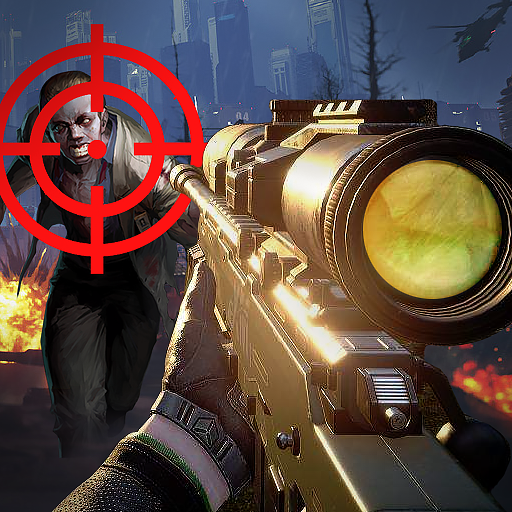Warner Bros. has announced the cancellation of its anticipated Wonder Woman game and the closure of three of its development studios: Monolith Productions, Player First Games, and WB San Diego. This decision was reported by Bloomberg's Jason Schreier and later confirmed by Warner Bros. to Kotaku.
In a statement, Warner Bros. explained that the closures are part of a strategic shift to focus on developing high-quality games centered around their key franchises: Harry Potter, Mortal Kombat, DC, and Game of Thrones. The company emphasized that this move is not a reflection on the talent within the affected studios but a necessary restructuring to align with their strategic priorities.
The Wonder Woman game, which was being developed by Monolith Productions, will not proceed. Warner Bros. expressed regret over this decision, acknowledging Monolith's long history of creating exceptional gaming experiences. The company remains committed to delivering top-tier games and aims to return its gaming division to profitability and growth in 2025 and beyond.
This news comes amid ongoing challenges within Warner Bros.' gaming division, including earlier reports of the Wonder Woman project facing difficulties, layoffs at Rocksteady, and the underwhelming response to Suicide Squad: Kill the Justice League. Additionally, the recent departure of long-time games head David Haddad and speculation about the potential sale of the gaming division have signaled broader restructuring efforts.
The closure of these studios is a significant setback for Warner Bros.' efforts to expand its DC universe through gaming. Just days before this announcement, DC Studios co-CEOs James Gunn and Peter Safran indicated that the first DCU video game is still a few years away.
Monolith Productions, established in 1994 and acquired by Warner Bros. in 2004, is renowned for its Middle-earth: Shadow of Mordor series, which introduced the innovative Nemesis system. Player First Games, founded in 2019, developed MultiVersus, which, despite critical acclaim and initial success, did not meet Warner Bros.' expectations. WB San Diego, also established in 2019, focused on mobile and free-to-play games.
These closures add to the growing trend of layoffs, project cancellations, and studio shutdowns in the gaming industry. Over 10,000 game developers were laid off in 2023, with the number rising to over 14,000 in 2024. While 2025 has seen several closures, the exact impact on individuals remains unclear due to limited reporting on specific numbers affected.






